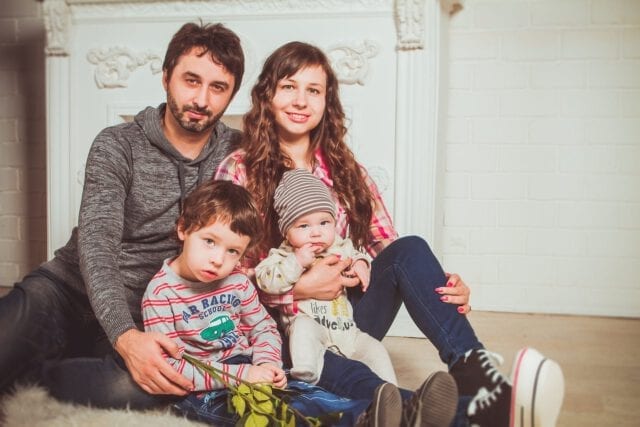Lower family benefits for immigrants? The Norwegian government is considering such an alternative. This applies to situations where the child of a parent employed in Norway stays outside its borders. So far, there has been no distinction in the amount of benefits in such cases. Let us remind you that immigrants from EEA countries have the right to: family allowance even if his children are outside Norway.
Possibility to determine the benefit with regard to the cost of living
The current legal status does not provide for the obligation to calculate the amount of family allowance based on the actual costs of living in the country where the child resides. As Linda Helleland from the Ministry of Children and Equality points out, living expenses in many EEA countries are lower than in Norway. In her opinion, this justifies introducing different rules for calculating family allowance. The purpose of these changes is to put an equal sign between the financial situation of families living in Norway and abroad.
Find out how the social welfare system works in Norway.
Not only family benefits
It is worth mentioning that in the submitted query the Norwegian government to the EFTA Surveillance Commission other issues are also discussed. They concern not only the possibility of adjusting the amount of family benefits to purchasing power in a given EEA country. But also the possibility of using this conversion rate in the case of other monetary benefits.
Many years of efforts
Efforts to change the method of calculating social assistance benefits Norwegian government has been running since 2013. So far, this proposal has met with resistance from EEA countries. In particular those located in Eastern Europe. Also from the website The European Commission there is no will to change the current legal status. According to Marianne Thyssen, EU commissioner, there is one main reason for this reluctance. This is due to the fact that benefits for children who live in a country other than the one where their parents work constitute less than 1% of all benefits paid in the country. European Union. Additionally, Marianne Thyssen claims that managing such a program would cost more than could be saved under the new rules.
Changes especially felt for the Polish diaspora
If the Norwegian government manages to push through these changes, they will be felt especially by the Polish community. This is proven by the facts, because according to the calculations of the Labor Agency i NAV social welfare, child benefits and other forms of financial support paid in 2015 accounted for 95,8% of the average income in Poland. For comparison, in Norway this rate was just over 15%. In practice this means that świadczenia socjalne paid by the Norwegian government contribute more to the standard of living of those children who live in Poland.



